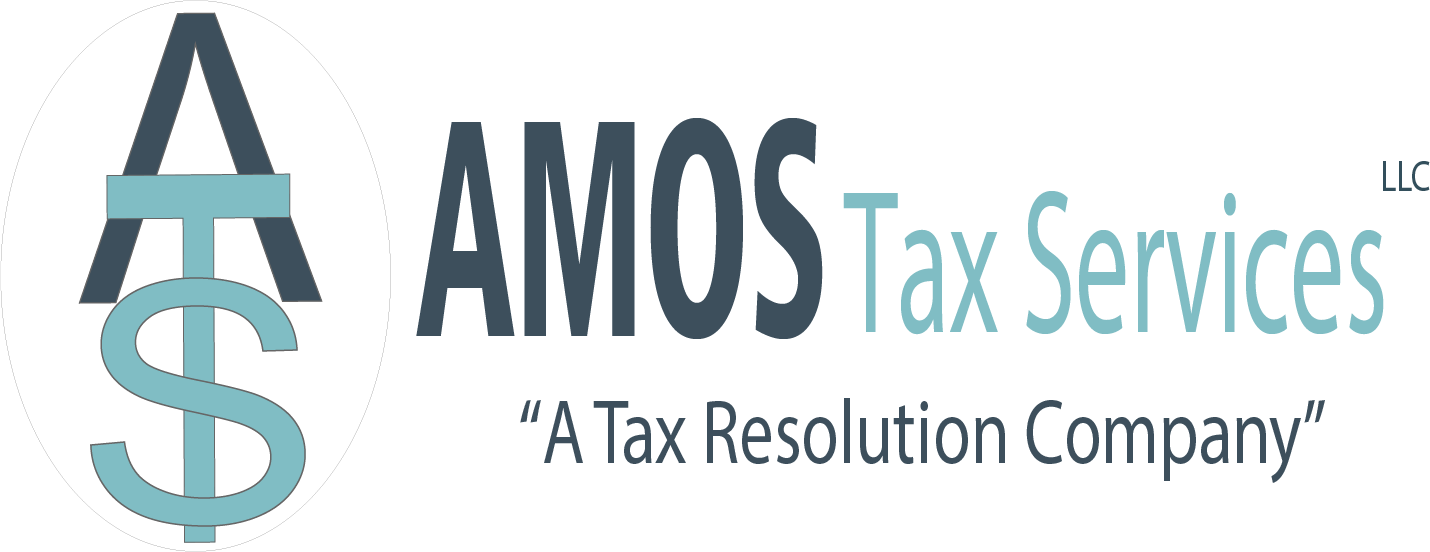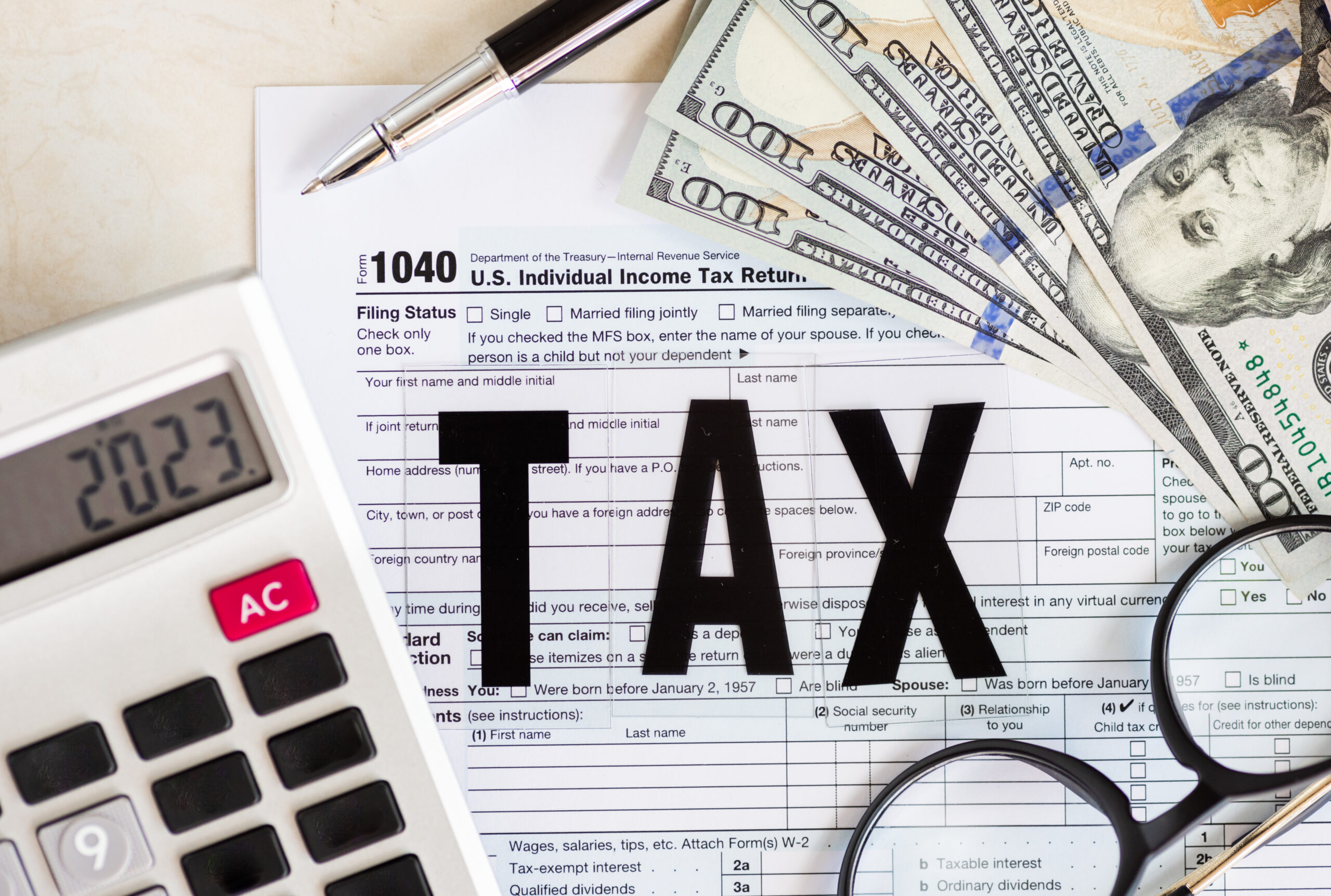The Internal Revenue Service (IRS) is often seen as an omnipotent force in the realm of tax collection, leaving many taxpayers in fear of harsh enforcement tactics. However, the truth about the IRS’s approach to tax collection is often misunderstood. In this article, we aim to dispel some of the myths surrounding the IRS’s methods, drawing on the expertise of a seasoned tax relief professional.
Should you recognize any of these issues as part of your experience, we encourage you to reach out to us at (609) 388-9010 for a complimentary consultation with no strings attached to explore your potential courses of action or book an appointment with us at amostaxservices.com.
Understanding IRS Collection Tactics and the Truth Behind Them
Myth #1: The Threat of Losing Your Home
The notion of the IRS seizing one’s home strikes fear into the hearts of many taxpayers who owe back taxes.
What Actually Happens: Although the IRS holds the power to place liens against properties, the actual seizure of a primary residence is an intricate process and rather uncommon. The agency is more likely to resort to alternatives like wage garnishments, bank levies, or intercepting your business’s accounts receivable. Secondary properties, however, are more vulnerable to IRS action.
Myth #2: Jail Time for Tax Debt
There’s a widespread myth that failing to pay your taxes could lead to incarceration.
What Actually Happens: While it’s true that the IRS has the authority to initiate criminal proceedings for tax evasion or failure to file, such measures are infrequent. The agency’s main goal is to recover the taxes owed, with a preference for settling the debt rather than pursuing criminal charges. Nevertheless, it’s imperative to tackle tax debts head-on to avoid compounding the problem.
Myth #3: Complete Wage Garnishment
The fear that the IRS could garnish one’s entire salary is a common concern among taxpayers.
What Actually Happens: The IRS adheres to strict guidelines when implementing wage garnishments, taking into consideration your income, allowable deductions, and basic living costs. However, they can claim up to 80% of your net pay to cover your tax liabilities.
Myth #4: Immediate Bank Account Freezes
The prospect of the IRS freezing bank accounts is a daunting one, suggesting instant financial crisis.
What Actually Happens: Before the IRS levies your bank account, they typically issue a notice, plus you’re entitled to an appeals process. You have 21 days from the levy notice to work towards having the funds released back into your account.
Myth #5: Endless Accumulation of Interest and Penalties
Many worry that penalties and interest will endlessly accrue on their unpaid taxes, resulting in an overwhelming debt.
What Actually Happens: Interest and penalties do increase tax debt over time, but there are ways to mitigate or even cancel these charges. Tax professionals can assist in negotiating penalty abatements and setting up payment plans that can manage or reduce debt. With current IRS interest rates at 8%, it’s crucial to address these penalties swiftly to prevent them from doubling your debt through daily compounding.
Myth #6: Passport Revocation
The IRS does have the power to affect your passport status if you have significant unpaid tax debt.
What Actually Happens: This enforcement mechanism is typically aimed at those who owe more than $50,000 and are deliberately avoiding their tax responsibilities. Most taxpayers won’t face passport issues if they are actively working to resolve their tax situation.
Myth #7: Perpetual Audits
The belief that once audited, you’ll be stuck in a cycle of never-ending audits is a common fear.
What Actually Happens: Audits are usually conducted with specific objectives and do not necessarily lead to continuous scrutiny. Addressing all concerns raised in an audit can often bring the matter to a close.
Myth #8: Business Asset Seizure
Business owners often worry that the IRS will immediately seize business assets, disrupting their operations.
What Actually Happens: The IRS has the ability to take drastic measures, but typically uses them as a last resort. They prefer to negotiate payment plans or settlements that allow a business to keep running. However, unpaid payroll taxes can trigger both business and personal liabilities.
Concluding Thoughts
Understanding the realities of IRS collection tactics is crucial for anyone facing tax-related challenges. While the IRS does have extensive powers, they generally seek resolutions that are less severe than many fear.
If you’re contending with IRS actions or are anxious about potential tax issues, consulting with a tax relief professional can provide clarity and peace of mind. They can help you navigate the IRS’s complex procedures, negotiate manageable solutions, and secure your rights.
Don’t allow misconceptions about the IRS to immobilize you. Take proactive measures to confront your tax difficulties and chart a path toward resolution.
For a personalized assessment of your situation, contact our office today at (609) 388-9010 for a complimentary consultation or schedule an appointment with us at amostaxservices.com and let us deal with the IRS for you.

